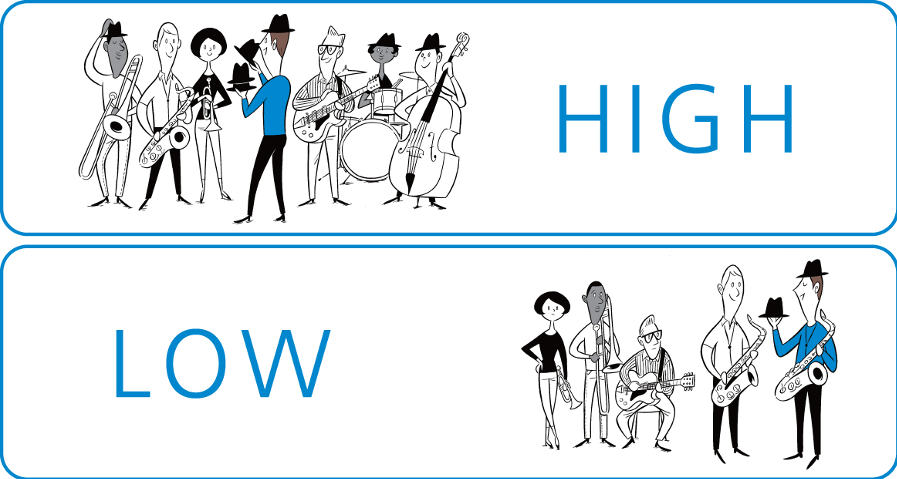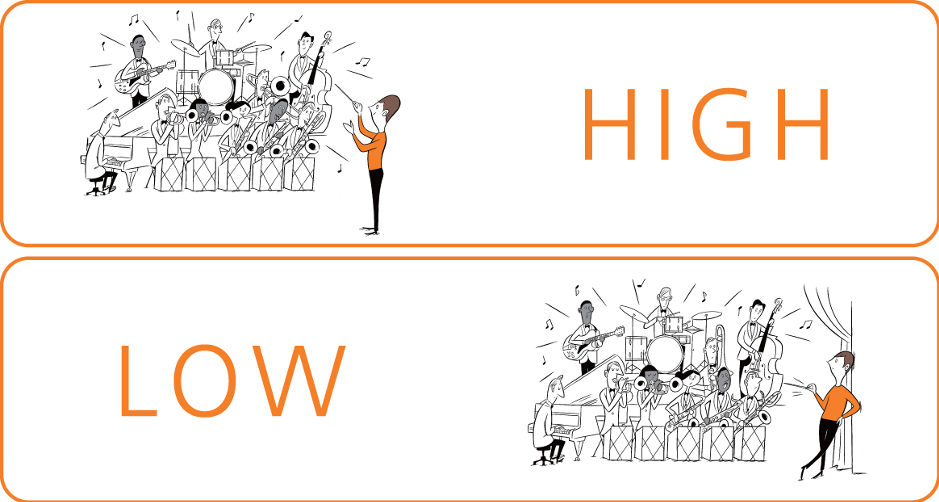Working from home, what we need right now
We are all facing a social and economic global crisis as much as a health one. People need people. Isolation conflicts with how our organisations and communities thrive. We know this at a very basic level. Some of us need lots of people. We thrive in a busy workspace, with meetings, conferences, chats in corridors, catch-up coffees, lunch with colleagues, end of day drinks. Some of us need a precious few people, an inner core for deep connection, clarity and closeness. WFH and especially social isolation is in conflict with what we need as human beings. We need to be creative and resourceful in this most extraordinary time.
Will Schutz, an expert in interpersonal behaviour, developed a framework for understanding how and how much we need one another. I have outlined below the core tenets of the framework and some tips to ensure we are all get what we need to stay sane, productive and happy in this unprecedented time.
INCLUSION - the need to be significant, recognized, paid attention to, visible, involved in groups, meetings, teams, to have and share information. We all need this. Some of us just need more of it; many social groups, high frequency of social contact, others preferring one to one contact with a few people.
How much do you need?
TIPS for getting our Inclusion needs met:
Ø Set up regular communication routines with key colleagues and co-workers. Video creates more engagement than just telephone or email.
Ø Decide on which forms of technology you will use to share information and to connect (Zoom, MSTeams, google hangouts are some great ones).
Ø Identify who you need to connect with to work effectively and efficiently while at home and connect with them.
Ø Identify who you want to be in connection with; Who engages you? Who has useful/ interesting information
Ø What recognition can you give others?
Ø Reach out to colleagues, particularly those who live alone, are older, with underlying health-conditions and ask them what they need
CONTROL – the need to be competent, responsible, to make decisions and have influence over our own lives and those of others. We all need this. Some of us just need more of it; to be in positions of leadership and control, to have influence over projects, people and direction of the business. Others are more autonomous, prefer to work independently and some need guidance and direction from others.
How much do you need?
TIPS for getting our Control needs met:
Ø Make a plan for the next 3-4 months. We know that the short-term is unprecedented. We know it is highly likely we will be in some sort of lock-down as a nation. Make a plan for getting through this period; as a business, as a team, as an individual
Ø Identify what big decisions need to be made in the short-term; what is business-critical? What are the safety concerns? How can cash-flow, jobs, services be maintained?
Ø What are the contingency plans?
Ø How will we remain compliant as a business?
Ø What opportunities does this create for us? ‘When Shakespeare was quarantined because of the plague, he wrote King Lear”
Ø How can I we continue to work and be productive; what technology, resources and training is needed to enable this?
Ø Structure your time; your week and day. A consistent rhythm will enable you transition into this new ‘normal’
AFFECTION - the need for closeness, openness, trust, compassion, care and friendship with one another. We all need this. Some of us need more of it from a wider group of people. Others only need a very small circle of close friendships.
How much do you need?
TIPS for getting our Affection needs met:
Ø Reach out to others, make personal connections; a call, a text, face-time. Your time, your words, your care will mean a huge amount.
Ø Show appreciation, particularly those in leadership roles, for the efforts and achievements of others at this time.
Ø Provide regular feedback, more than normal. It will create engagement and generate discretionary effort.
Ø Connect with colleagues personally; ask what they need? How they will make working remotely possible (with elderly relatives, small children at home). What in their personal life is relevant and what can the organisation do to help?
Ø Reassure, where possible, about job security.
Ø Acknowledge what you appreciate about your team and colleagues. Recognise their strengths, We are have so much more potential to improve in areas of strengths than weakness anyway.
CALL TO ACTION Use the framework to identify what you need. Take the initiative and reach out to others. Show leadership. You will be providing a lifeline to colleagues, co-workers and clients who have less mental resilience, who lack confidence and those who are unwell right now.



